Essential Yet Overlooked Italian Phrases for Smart Travelers
Planning a trip to Italy? Learning a few phrases can turn your travel experience from average to amazing. While many tourists learn the basic “Ciao” and “Grazie,” this guide gives you less common but super useful Italian phrases that most tourists don’t think about — but should definitely know.
Whether you’re trying to order food, navigate transportation, or make a good impression on locals, knowing these Italian expressions will set you apart as a respectful and savvy traveler.
🧳 Why Learn Italian Phrases Before Visiting?
English is spoken in touristy cities like Rome, Milan, and Venice — but once you step into smaller towns, English speakers are rare. Italians appreciate visitors who try to speak even a few words of their language. It shows respect, curiosity, and connection — all things Italians value deeply.
🗣️ 1. “Mi scusi, può aiutarmi?” — Excuse me, can you help me?
Pronunciation: Mee SKOO-zee, pwoh ah-YOO-tar-mee
Use this when you’re lost or need directions. It’s polite and makes people more likely to assist you kindly.
🍕 2. “Cosa mi consiglia?” — What do you recommend?
Pronunciation: KOH-za mee kon-SEEL-yah
At a local restaurant, don’t just say “pizza.” Ask this instead. It opens the door to trying something authentic that locals love.
🕒 3. “A che ora apre/chiude?” — What time does it open/close?
Pronunciation: Ah keh OH-rah AH-preh / KYOO-deh
Important when visiting museums, shops, or local attractions. Many places close during midday (riposo), so it’s helpful to ask.
🚌 4. “Dove si trova la fermata dell’autobus?” — Where is the bus stop?
Pronunciation: DOH-veh see TROH-vah lah fehr-MAH-tah dell OW-too-boos
Essential if you’re navigating public transport outside big cities like Florence or Naples.
💬 5. “Parla inglese?” — Do you speak English?
Pronunciation: PAR-lah een-GLAY-zeh
Simple but very useful — always ask before launching into English. It shows respect.
🛑 6. “È troppo caro!” — It’s too expensive!
Pronunciation: Eh TROP-poh KAH-roh
Bargaining isn’t common in stores, but in street markets or souvenir shops, this can help you get a better deal — or at least a smile.
💧 7. “L’acqua è potabile?” — Is the water drinkable?
Pronunciation: LAH-kwah eh poh-TAH-bee-leh
Italy has many fountains with drinkable water, but it’s good to ask when in doubt — especially in smaller villages.
🚑 8. “Ho bisogno di aiuto.” — I need help.
Pronunciation: Oh bee-ZOH-nyoh dee eye-OO-toh
If something goes wrong, this phrase could save you time, stress, or even your life.
☀️ 9. “Fa caldo/freddo oggi.” — It’s hot/cold today.
Pronunciation: Fah KAHL-doh / FRED-doh OH-jee
Great for small talk with locals or to express how you’re feeling in a new environment.
🏨 10. “Avete una stanza libera?” — Do you have a room available?
Pronunciation: Ah-VEH-teh OO-nah STAN-tsah LEE-beh-rah
Perfect for last-minute accommodation or off-the-grid village stays.
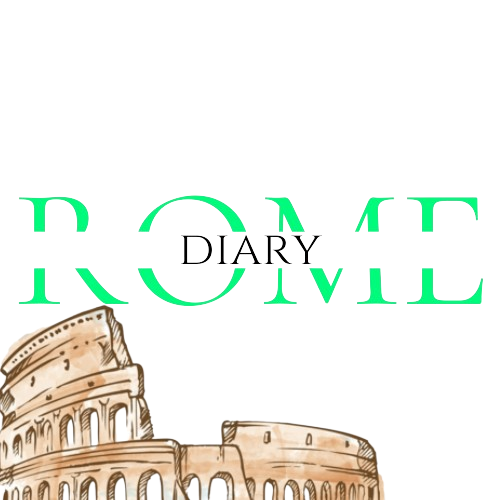
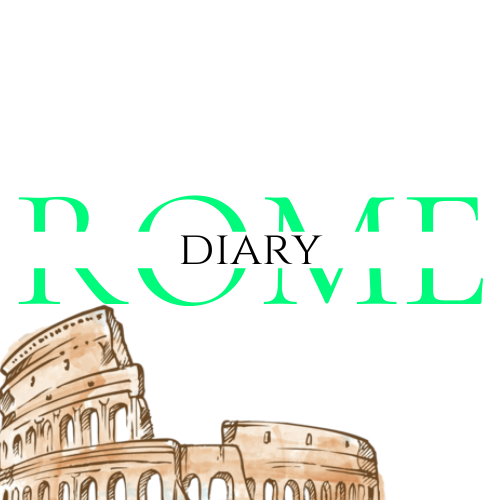
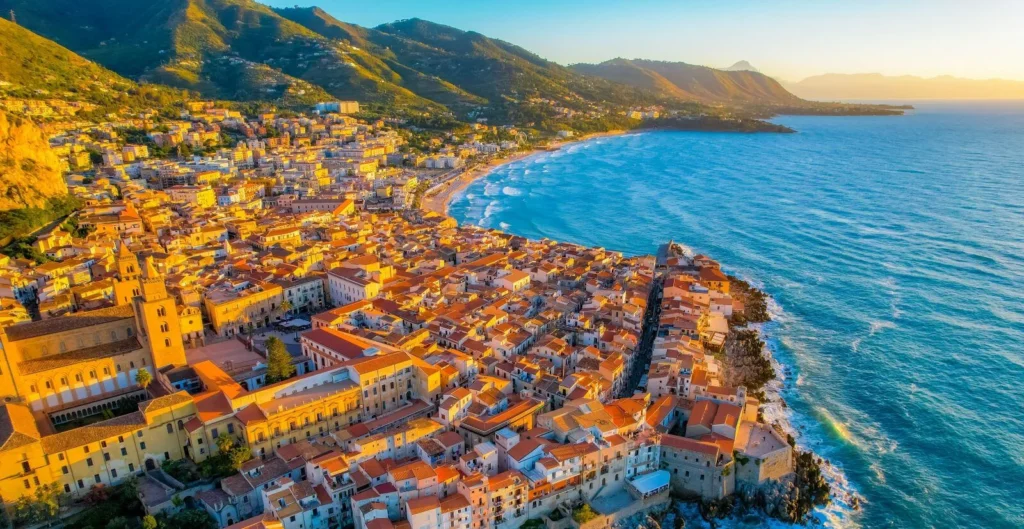
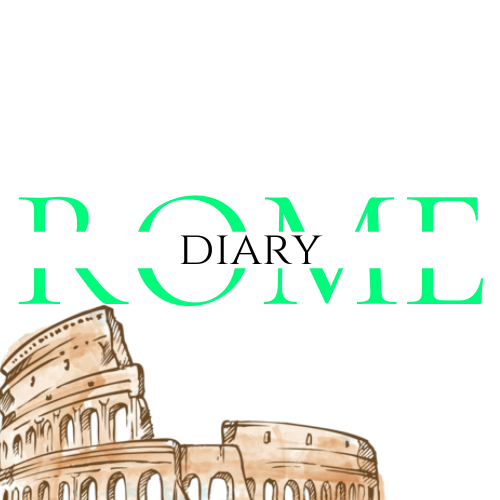
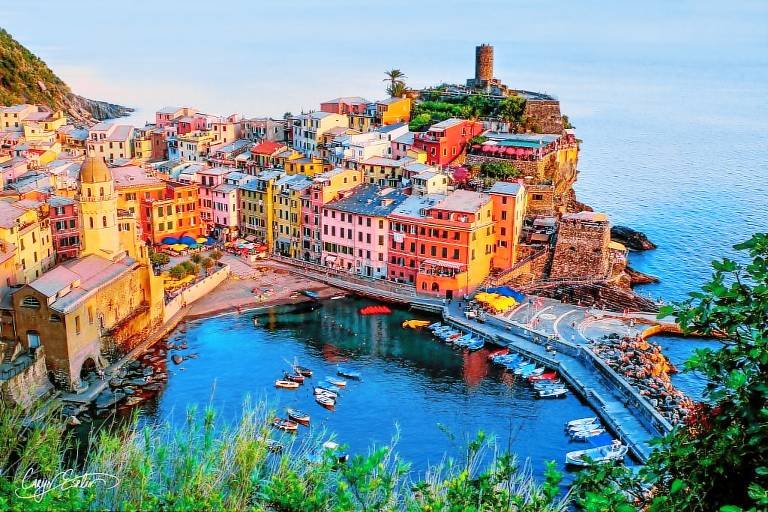
Leave a Reply